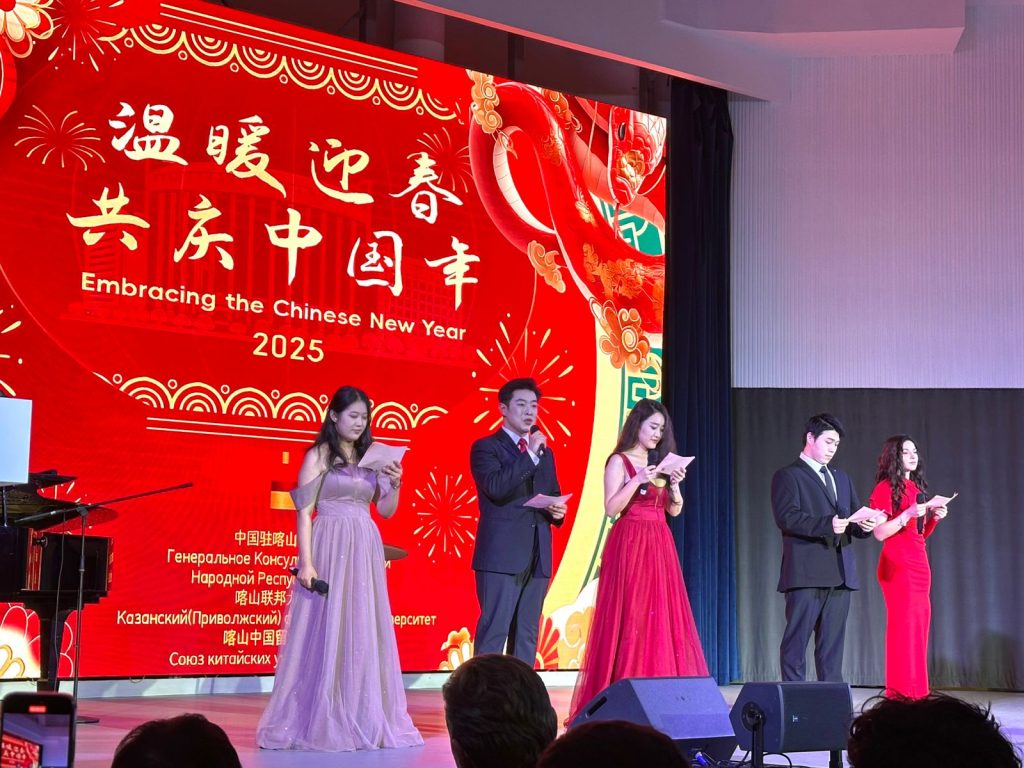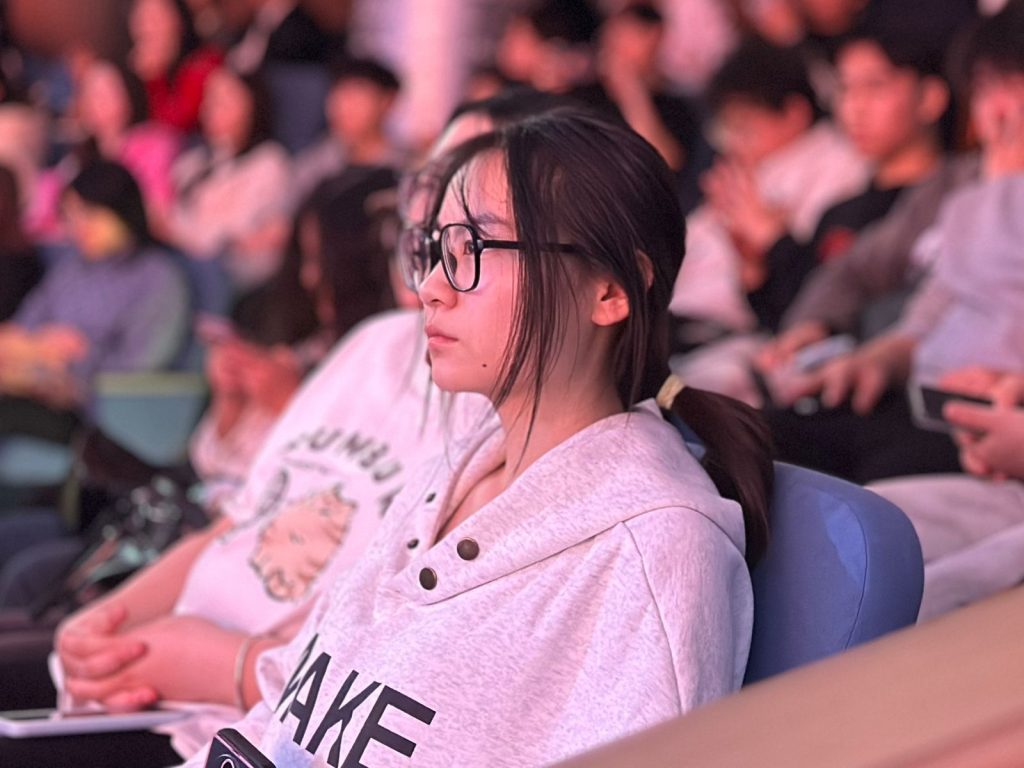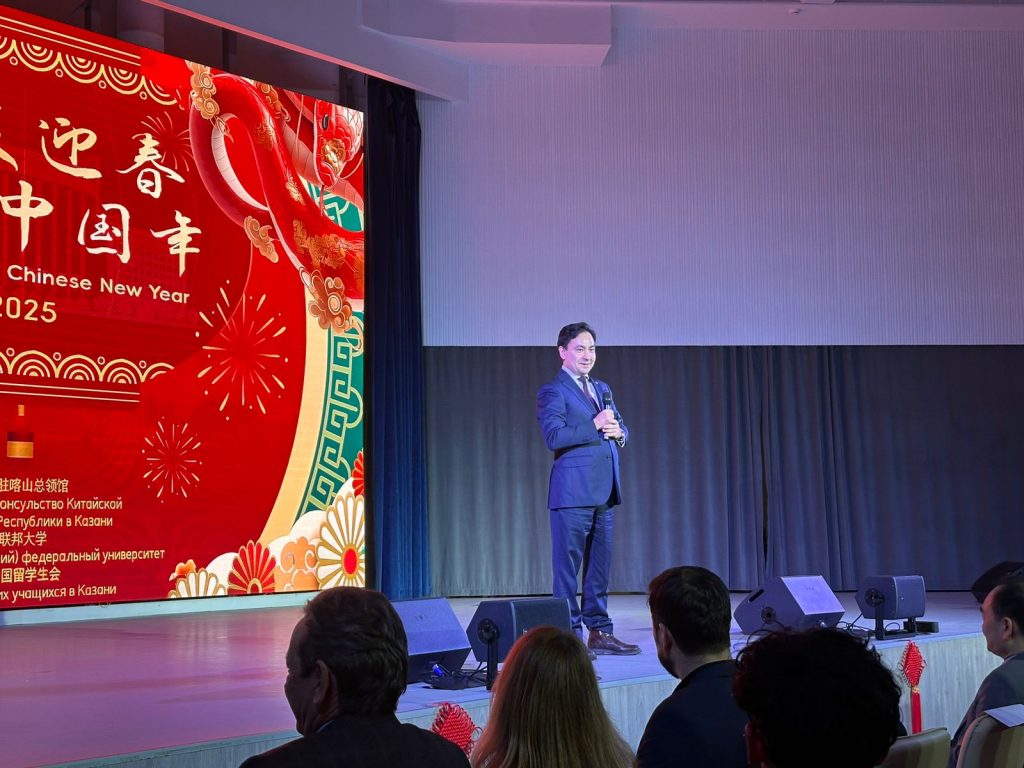Lunar New Year celebrated at KFU




The event was organized by Consulate General of the People’s Republic of China in Kazan, Kazan Federal University, Union of Chinese Students of Kazan, KFU International Friendship Club, and joined by Consul General Xiang Bo.
Vice-Rector for International Affairs Timirkhan Alishev and Consul General Xiang Bo congratulated the audience. The Vice-Rector reminded that over 2,500 Chinese students have chosen Tatarstan as their study destination. The Consul General said that Lunar New Year is a part of UNESCO World Heritage. He also spoke of the upcoming 80th anniversary of the victories of Soviet people in the Great Patriotic War and the Chinese people in their war of resistance against Japanese aggression.
The concert itself featured many traditional performances, including a dance of the fiery dragon. An interactive exhibition was available near the auditorium with such popular activities as mahjong and tea tasting.
This New Year celebration commences on 29 January and ends on 12 February. The celebration’s title, Spring Festival, symbolizes the beginning of a new natural season. The holiday is always considered a mandatory family gathering, hence the name ‘spring migration’ – meaning the largest numbers of people moving around China to return to their homes.
Kazan University has over 50 partners in China. In 2024, the development of cooperation was notably rapid, with KFU hosting events during the 2024 Kazan BRICS Summit (1, 2, 3, 4) in October and signing a number of agreements during ROSTKI Russia – China Forum in November. As a reminder of those, the Lobachevsky Library’s backyard now has a monument to Confucius, China’s most famous thinker.

